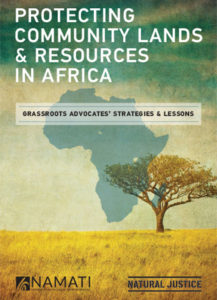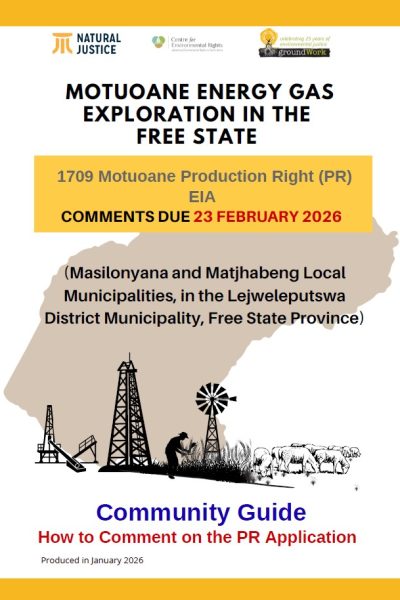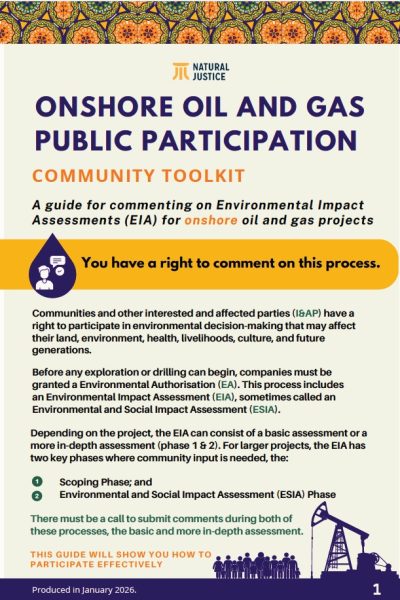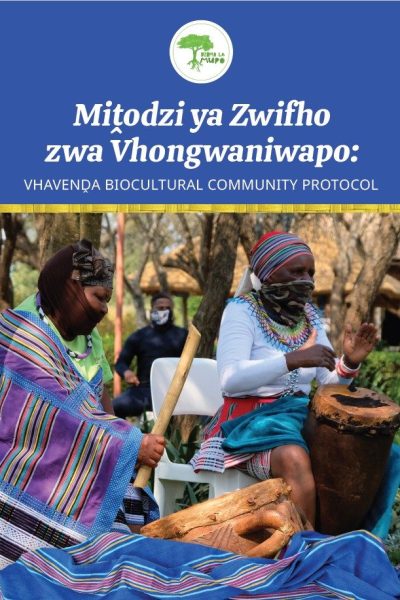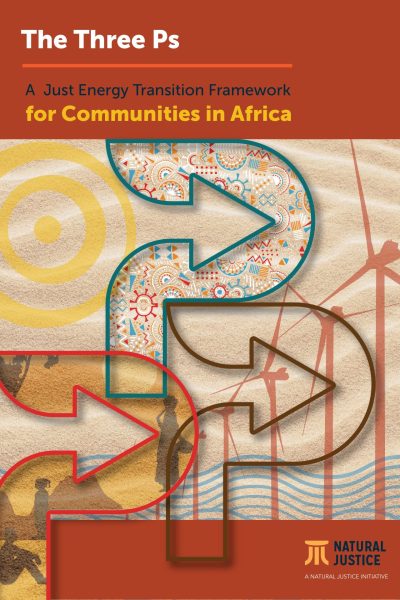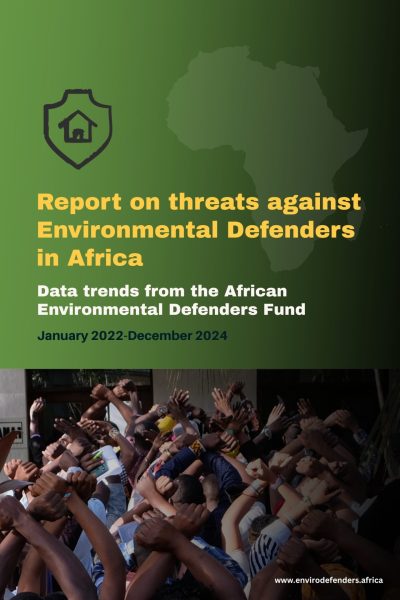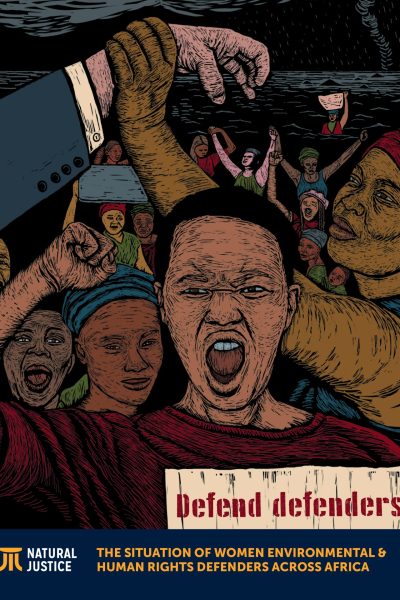Millions of rural Africans live precariously between development, conservation, and the law. In recent years, governments across Africa have been granting vast land concessions to national elites and foreign investors for agro-industrial monoculture plantations, logging, and mineral exploitation. Such concessions are exacerbating trends of increasing land scarcity and weakening the land tenure security of rural communities. At the same time, governments are creating national parks and promoting wildlife conservation in ways that exclude and undermine customary rights and local ways of life, contributing to communities’ dispossession from their ancestral lands and undermining local livelihoods and cultural traditions. These dynamics are leading to disenfranchisement, environmental degradation, human rights violations, impoverishment, and growing inequity. Such trends are exacerbated by governments’ lack of effective legal recognition (and implementation) of a range of Indigenous Peoples’ and local communities’ rights, including rights to: 1) selfdetermination 2) culturally-appropriate forms of governance and associated institutions; 3) land, water, and natural resources, and 4) traditional knowledge.

